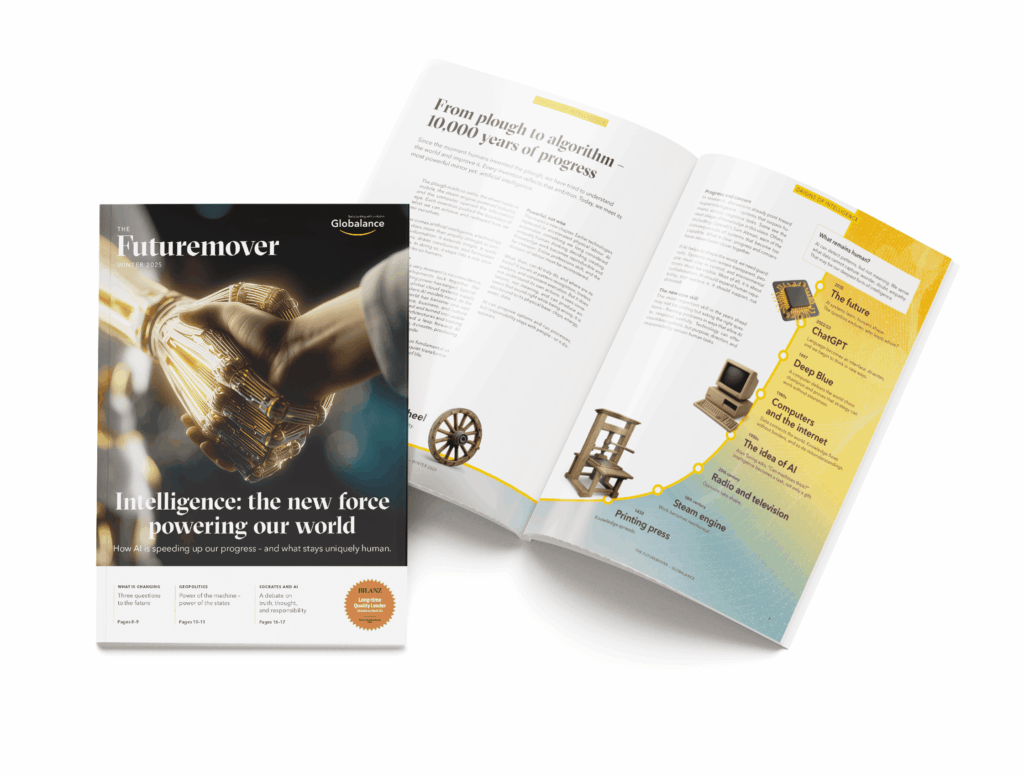The Futuremover – Spring 2025
10 opportunities transforming our world
Discover the newest issue now
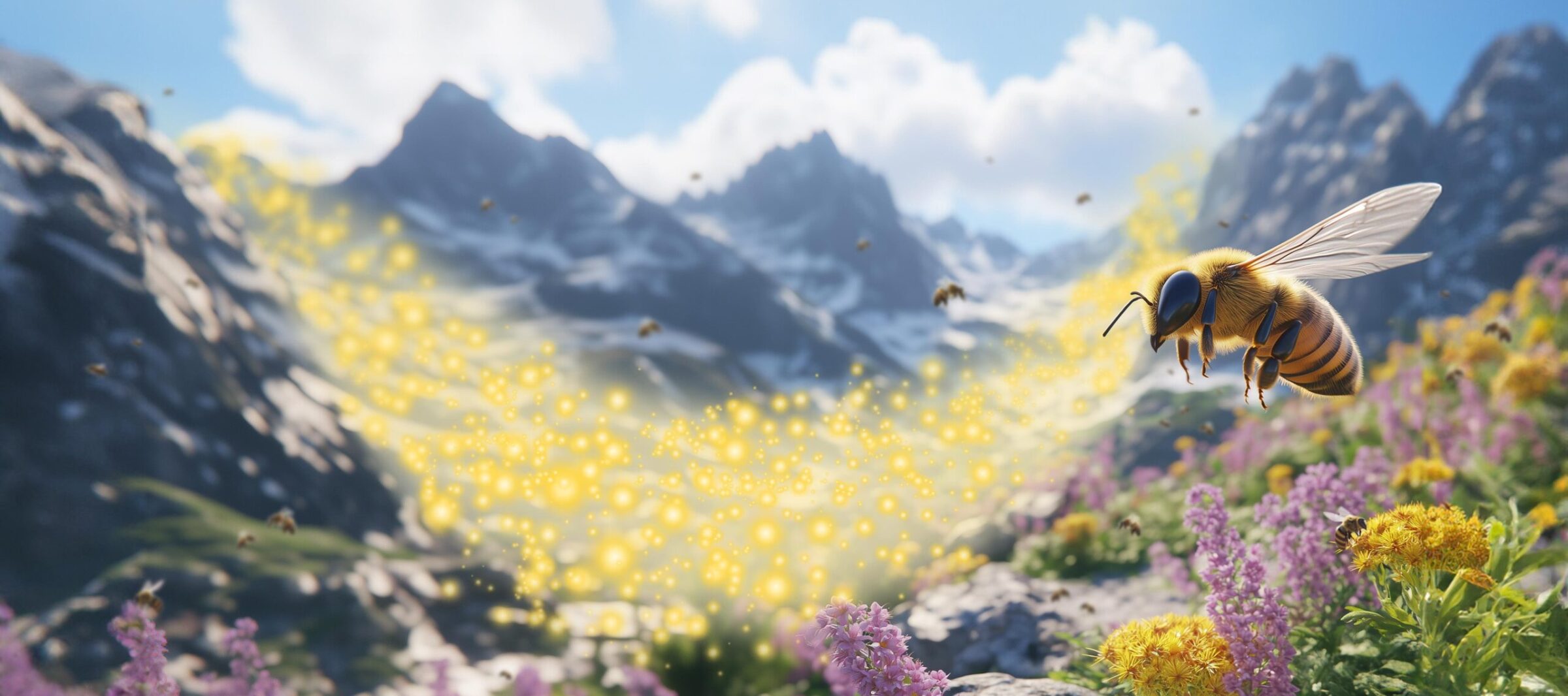
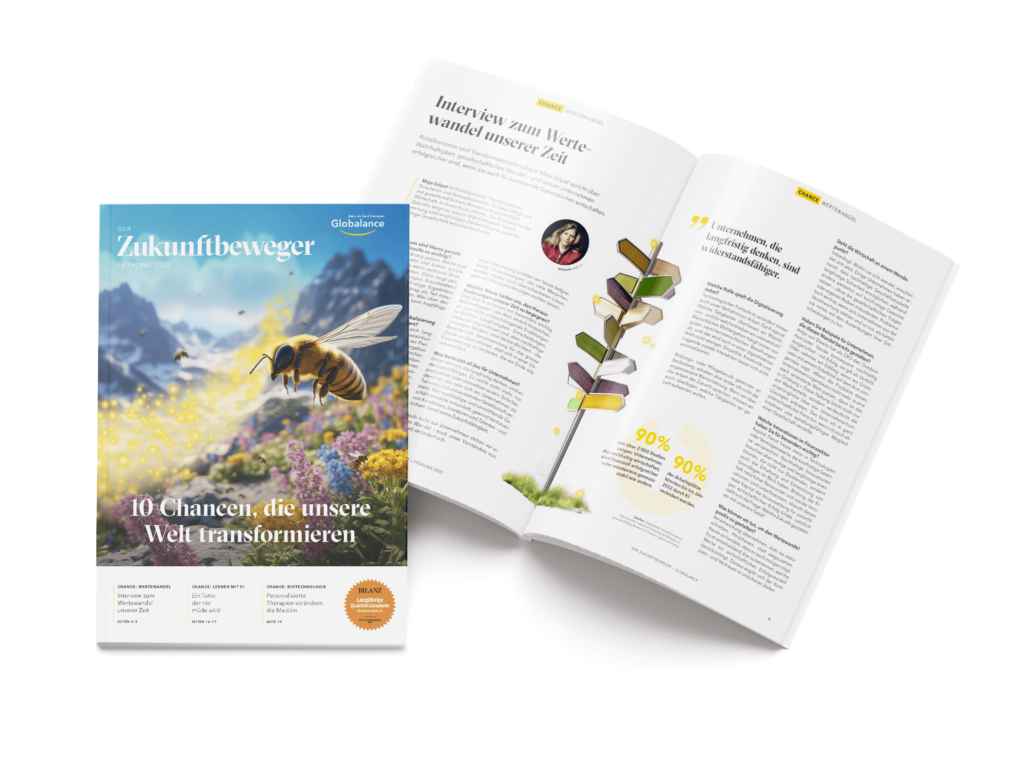
Solutions are developing faster than challenges
In our spring 2025 issue, we focus on technologies and concepts which combine economic opportunities with solutions to global problems.
From the possibilities for using space technology to protect the climate, to personalized cell therapies in medicine, from pioneering urban concepts to AI-based learning – the innovations we present in this issue have one thing in common: they combine commercial success with a positive future.
Maja Göpel on the changing values of our time
Political economist and transformation researcher Maja Göpel talks about truthfulness, social change – and why businesses are more successful when they also take future generations into account.
Innovations from outer space
From satellite images to solar cells: innovations from (aero)space have been down on earth for some time now.
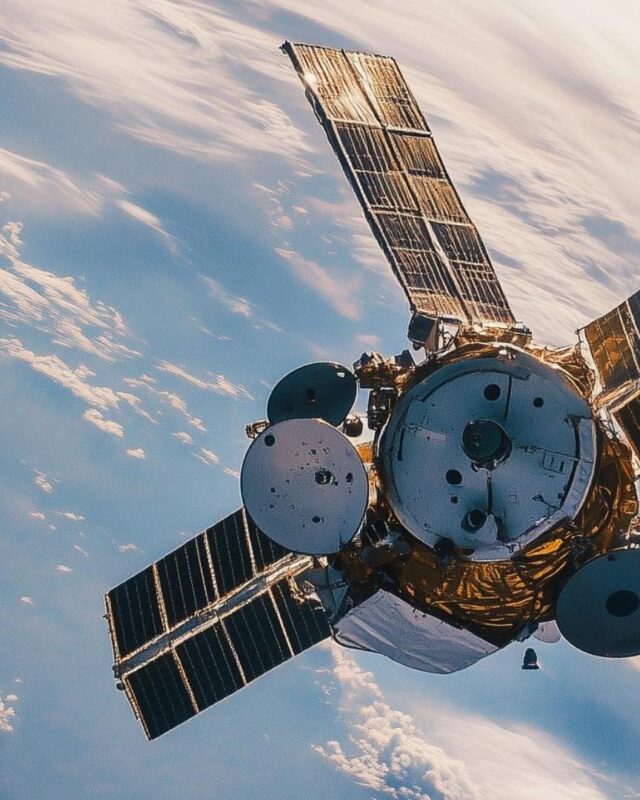
Chocolate from a fermentation tank
How start-ups are stirring up the food market – and highlighting opportunities for greener and more socially equitable food production.
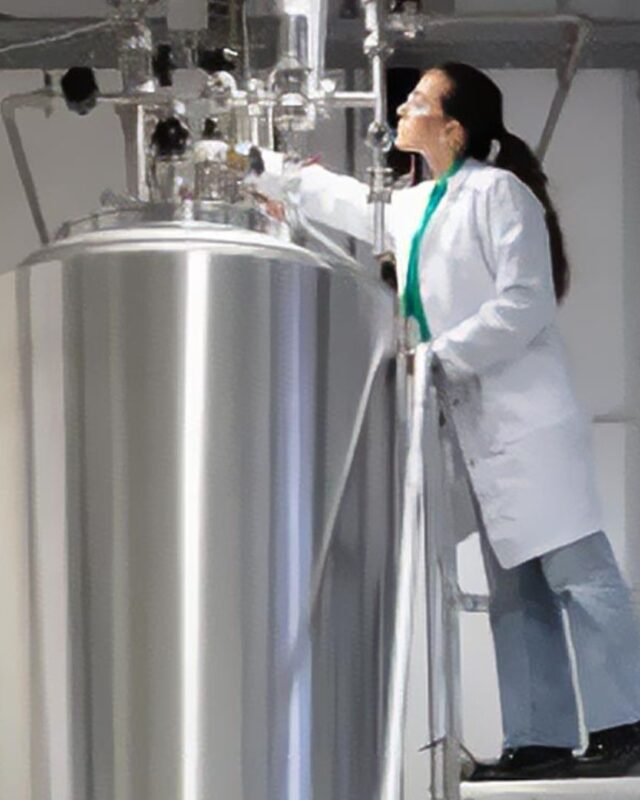
The city of the future
A city that brings people together: futurologist Oona Horx Strathern talks about new urban concepts.
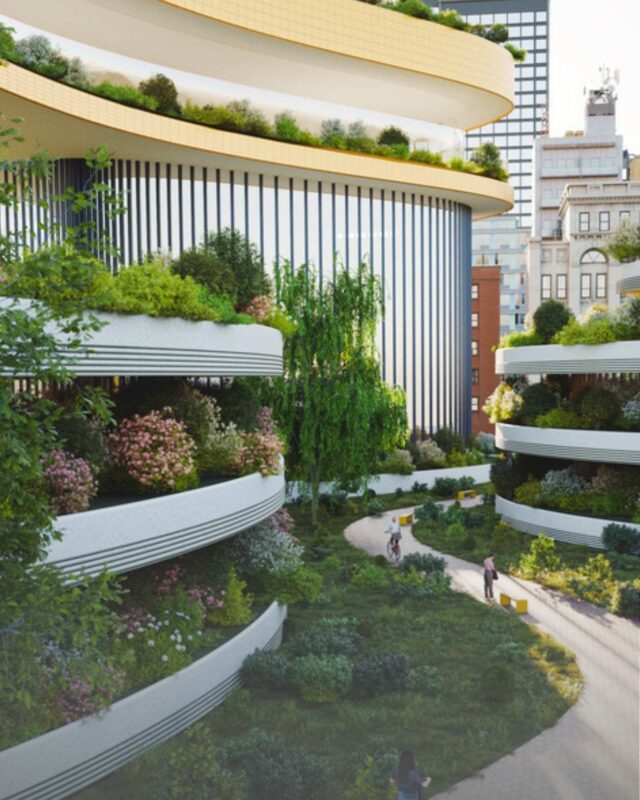
Renewable agriculture
The future will be hotter, the soils drier. The magic phrase here is renewable agriculture.
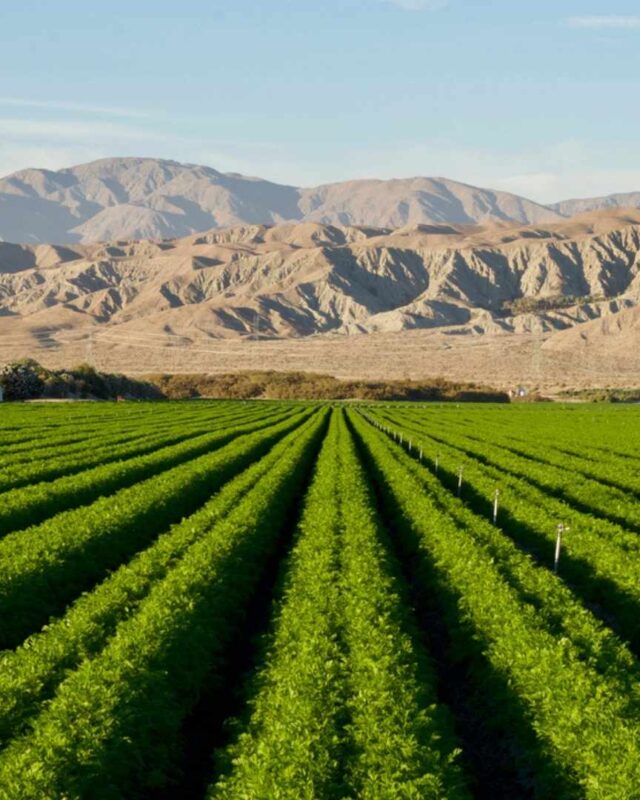
Personalized therapies
Tailor-made treatments instead of standard therapies: personalized medicine is fundamentally transforming healthcare.
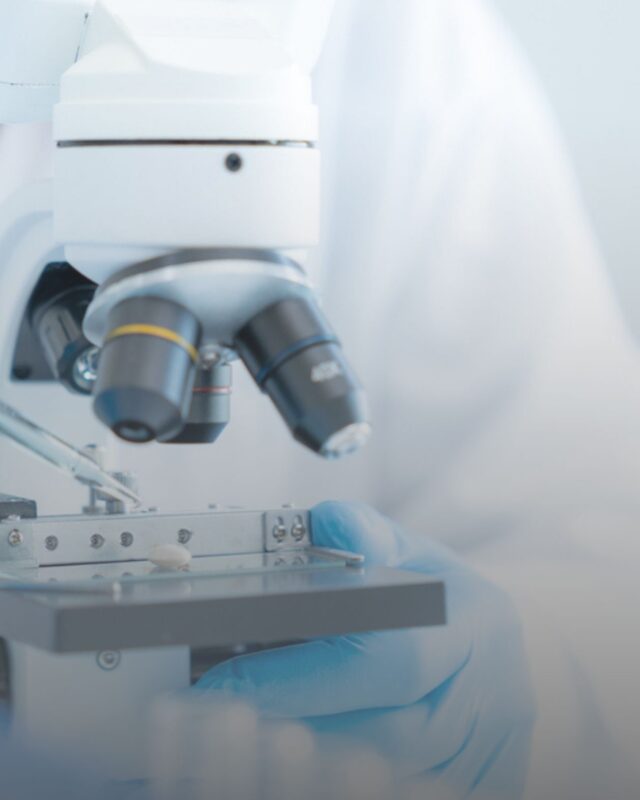
The waste mountain as a goldmine
Thanks to new recycling economy technologies, electronic waste is becoming a valuable resource – and an opportunity for companies.
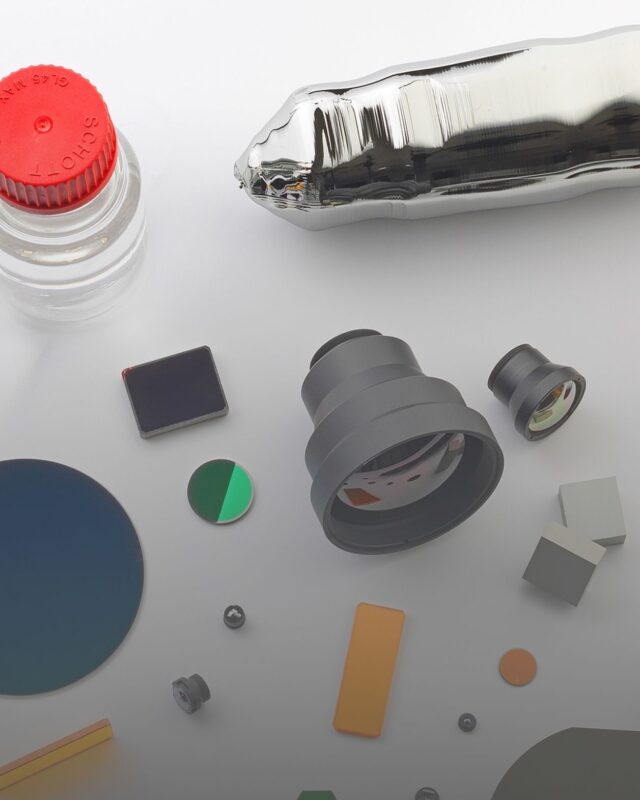
Learning with AI
Artificial intelligence is enabling personalized learning – but what does this mean for schools, teachers, and learners?
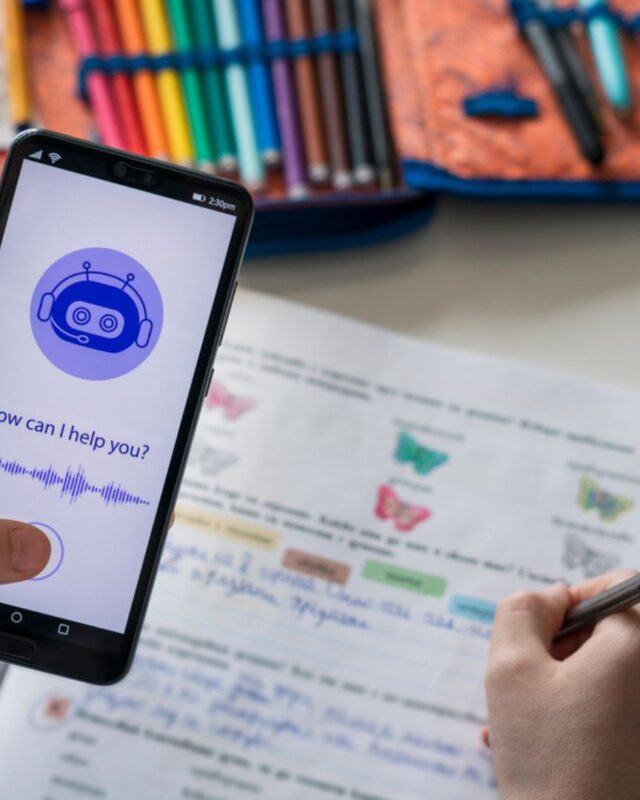
Humanoid Robots
They help with nursing care, do assembly line work, and help with sales: in the coming years, humanoid robots will revolutionize the world.
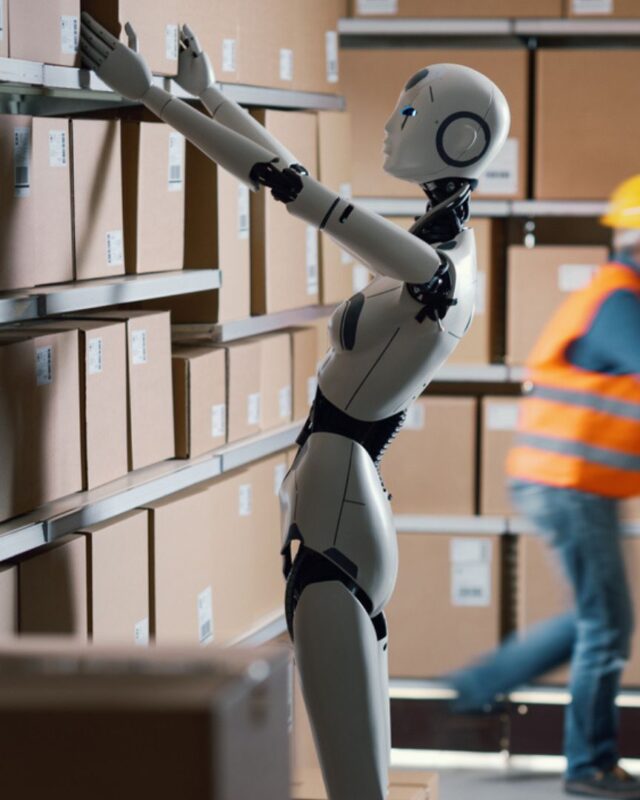
Precision in the field
From autonomous tractors to smart crop management: agriculture is experiencing a digital revolution.
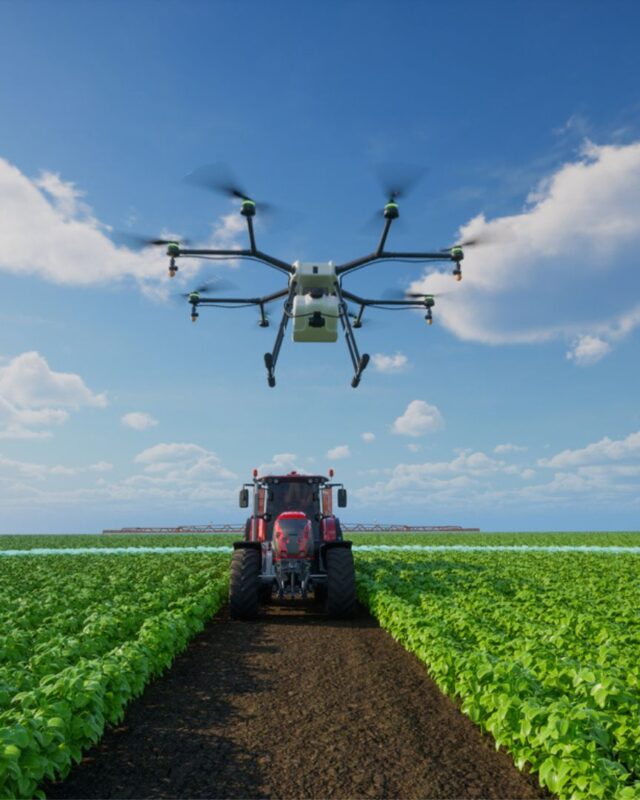
Conversations with Future movers
Interviews
Meet the visionaries who are shaping tomorrow – driven by passion, persistence, and a deep belief in their ideas.
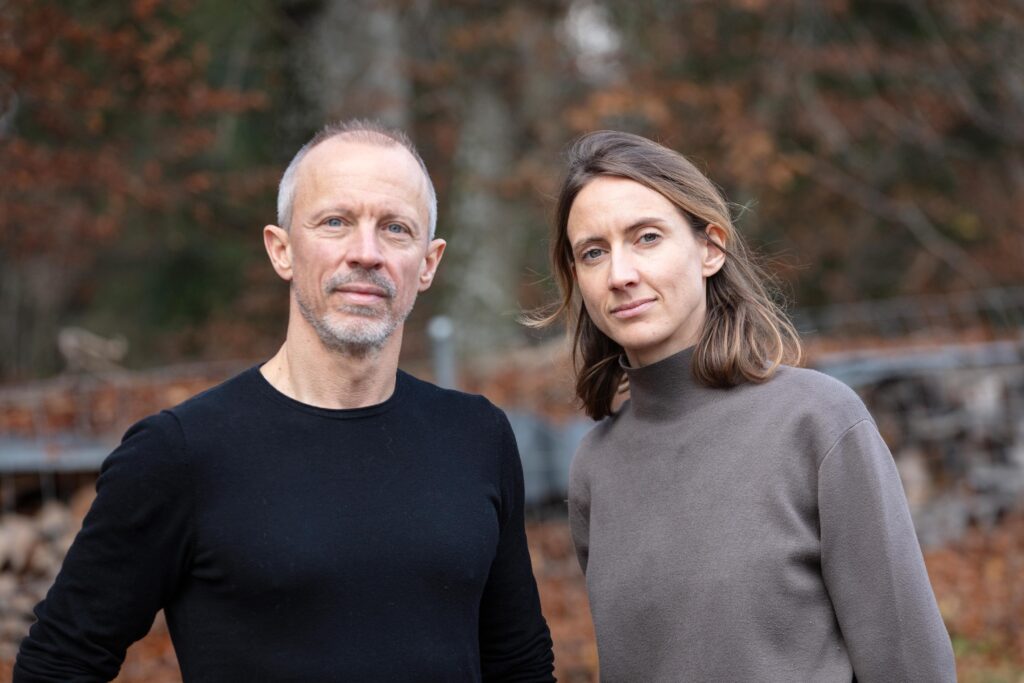
«We Make Natural Chocolate, Not Lab Chocolate»
A modern lab on the shores of Lake Zurich instead of a plantation overseas: In our interview, Christian Staub, CEO of Food Brewer, explains how his start-up is revolutionizing the production of cocoa and coffee using cell cultures.
AI meets farming
Anyone wanting to do without herbicides needs to use their hands: organic vegetable growers either have to weed by hand or resort to less precise mechanical hoeing. But not with Caterra, the weeding robot developed by an ETH Zurich spin-off. This robot can identify weeds growing directly adjacent to crops and remove them precisely using a laser – completely without chemicals. Aurel Neff, co-founder of Caterra, introduces the project.
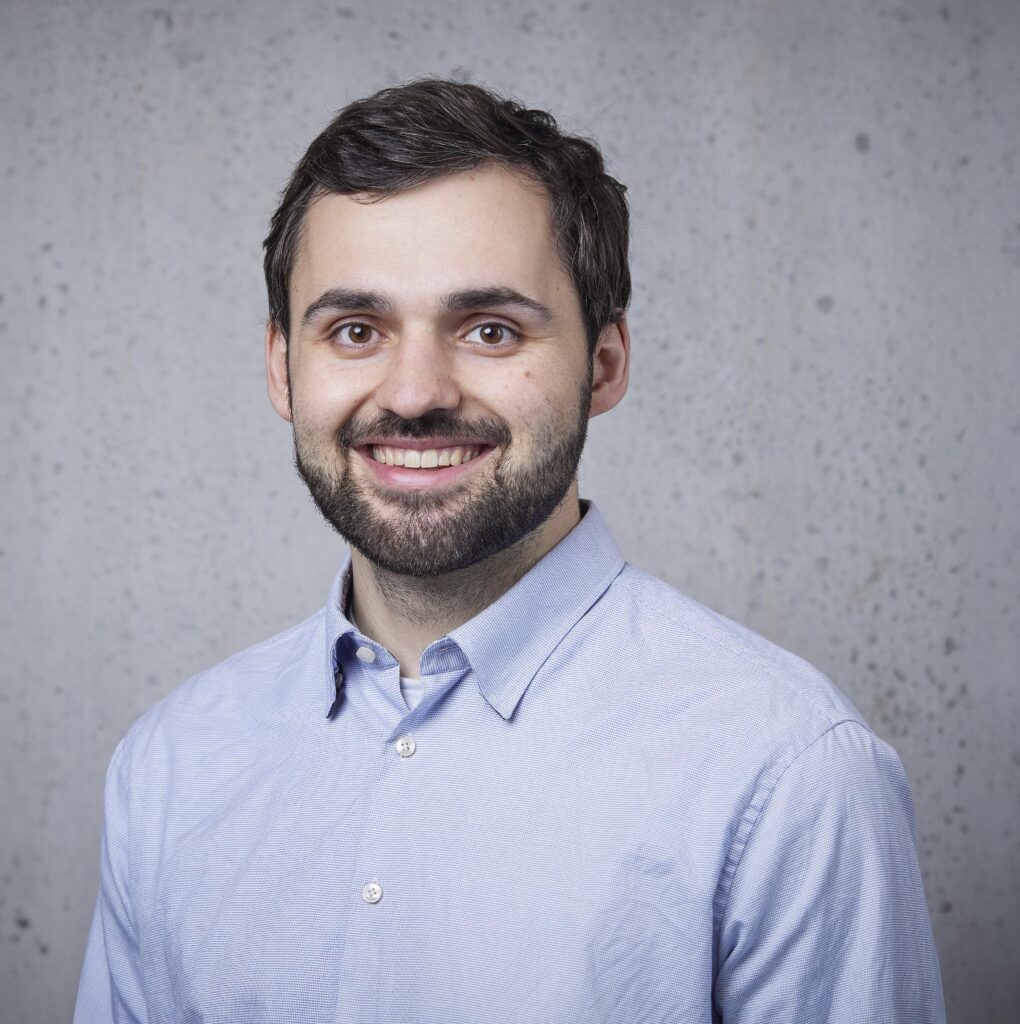
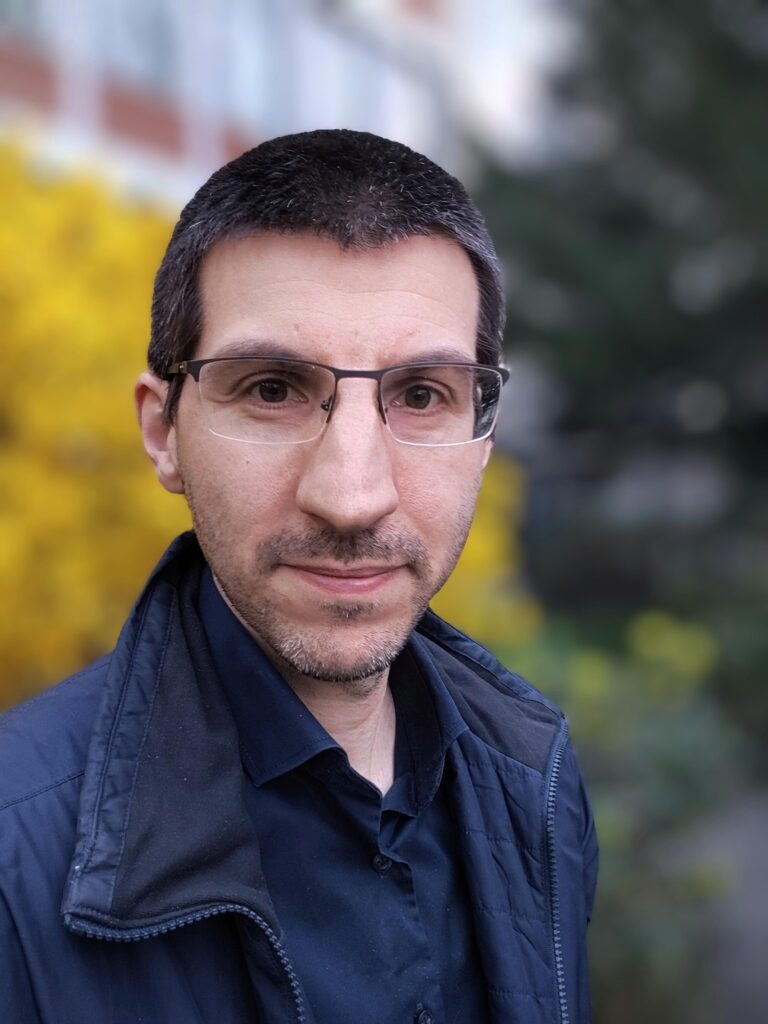
Empa is making greenhouse gases visible from space
New satellites are making it possible to identify, almost in real time, where greenhouse gases are being emitted into the atmosphere. This is thanks to global maps developed by Empa in collaboration with international partners.
We spoke with Empa researcher Gerrit Kuhlmann about the new opportunities from space.
«We make cell therapies scalable»
Limula SA is transforming the production of cell and gene therapies with an automated and scalable manufacturing solution. The Lausanne-based start-up was founded in 2020 and today employs 20 people.
Thomas Eaton, CFO of the Swiss start-up Limula, explains where the opportunities of this form of medicine lie – and which hurdles still need to be overcome.
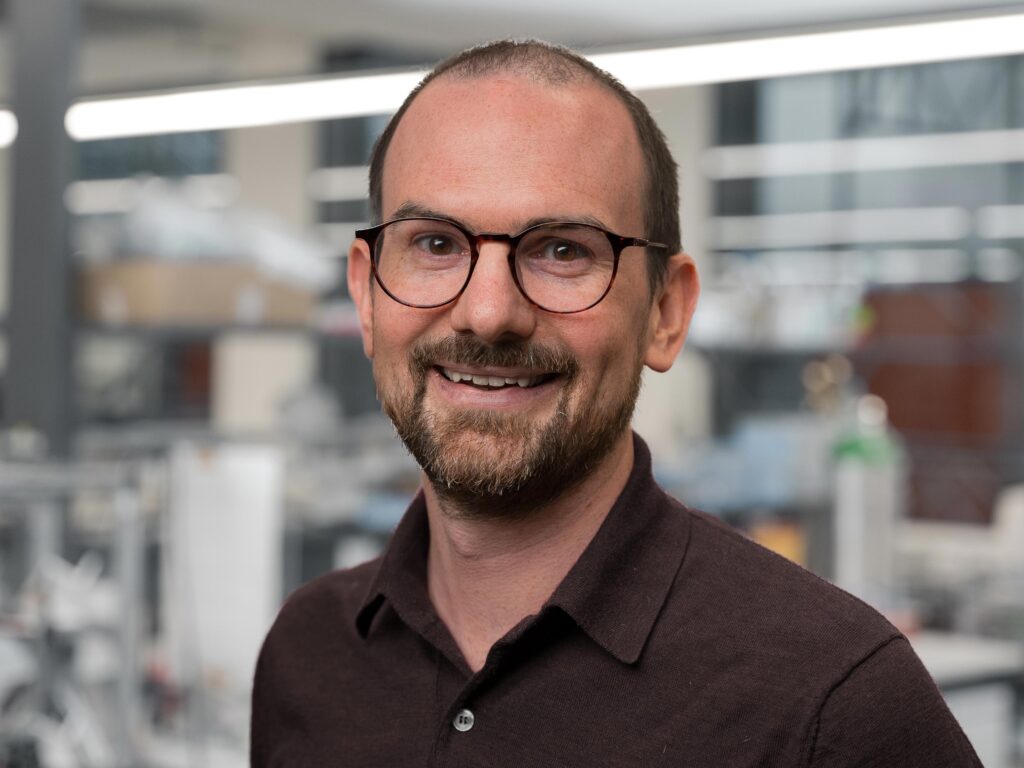
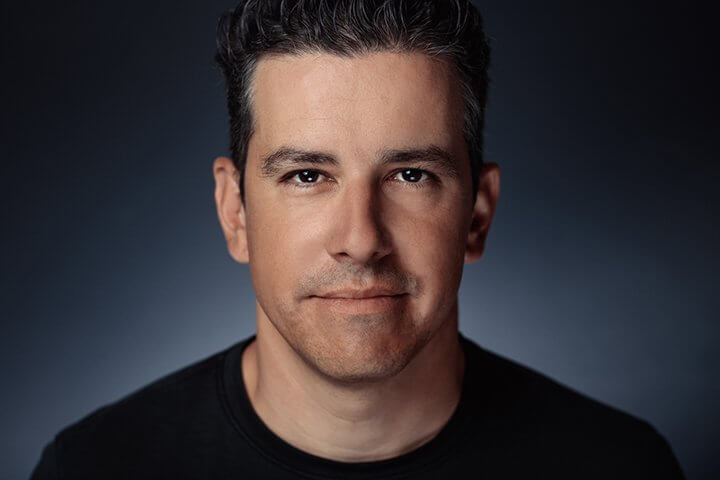
Entrepreneur and AI pioneer Adrian Locher
Adrian Locher is a General Partner at Merantix Capital, an early-stage investor for AI start-ups. He founded his first company while still a student at the University of St. Gallen (HSG), declining at the last minute to pursue a career in investment banking. His mindset: if you want to establish something, you have to fail and learn from it.
Futuremover Companies
They move the future with promising innovations: these listed companies seize opportunities – and offer attractive investments for future-oriented investors.
Take a look inside the magazine and sign up now
"*" indicates required fields
More Futuremover issues
Discover all past issues on exciting topics such as ‘How Healthy Will Our Future Be?’, ‘Living Space of the Future’ or ‘How entrepreneurs are shaping the world’.
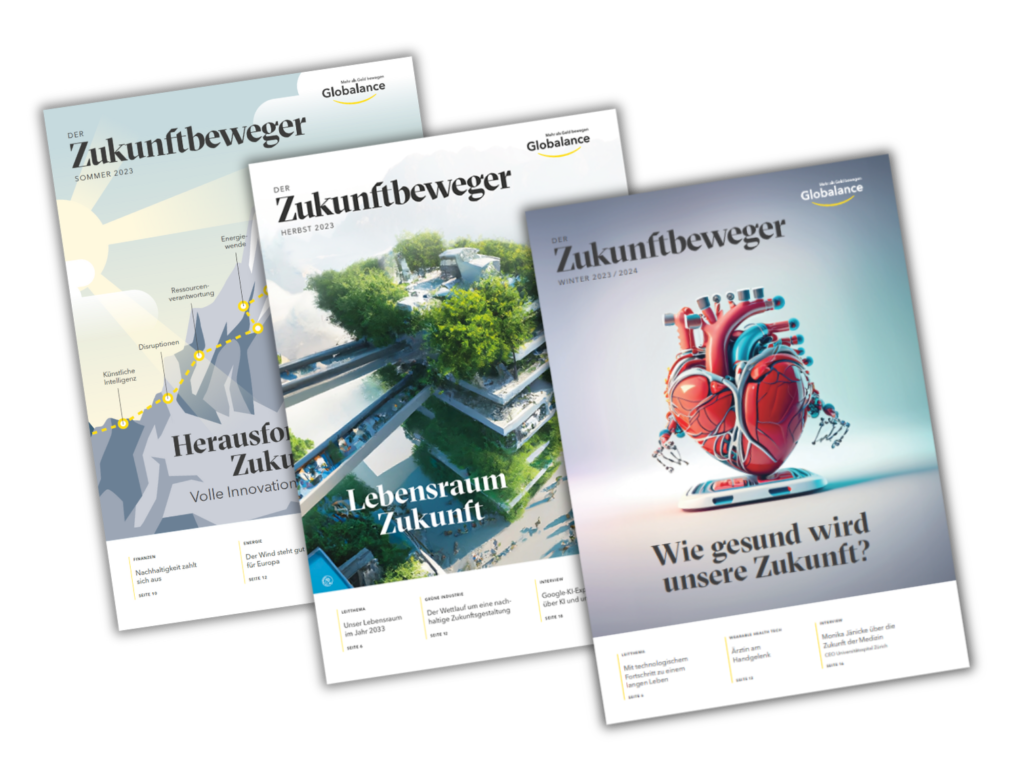

Investing for the future
If you want to invest successfully and sustainably today, you need to consider megatrends and innovative companies. With Globalance, you are investing today in the future of tomorrow.
